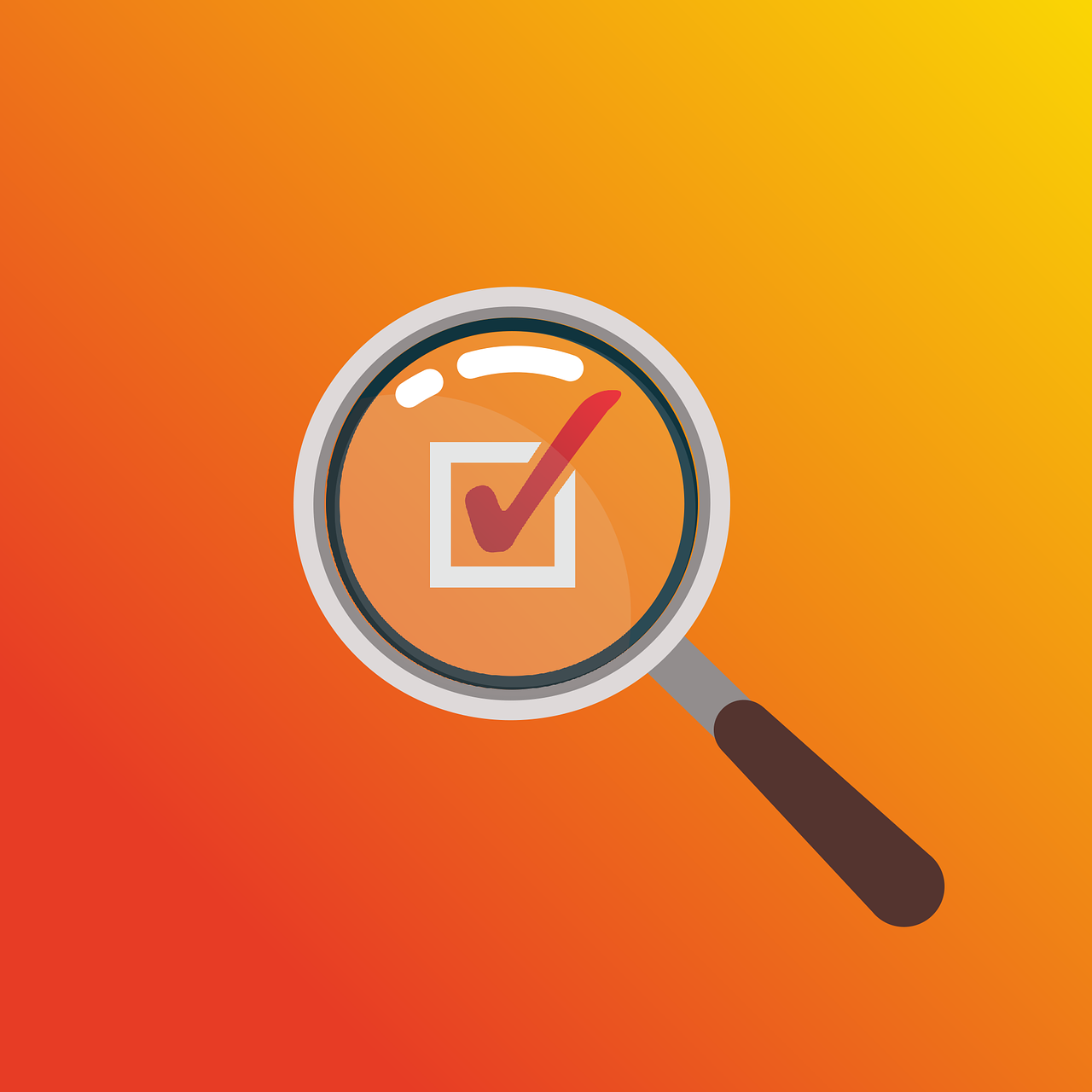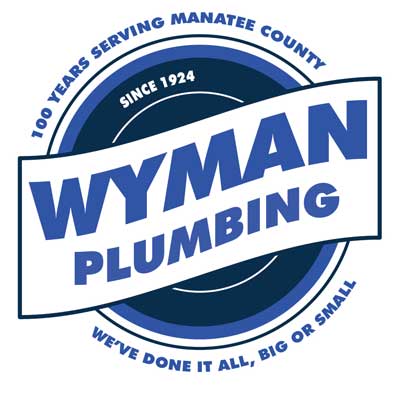Your home’s plumbing system is like its circulatory system—essential for maintaining a healthy, functioning household. However, just like with our health, regular check-ups are necessary to ensure everything is in working order. That’s where plumbing inspections come in.If you’re buying or selling a home, learn what a plumbing inspection entails, why it’s important, and what homeowners can expect from the process.

Visual Inspection of Fixtures and Appliances
A plumbing inspection typically begins with a visual examination of all fixtures and appliances connected to the plumbing system. This includes sinks, faucets, toilets, showers, bathtubs, water heaters, and any other water-using appliances. The inspector checks for signs of leaks, corrosion, rust, or damage that may indicate underlying issues.
Checking for Leaks and Water Damage
One of the primary objectives of a plumbing inspection is to identify leaks and water damage throughout the home. Inspectors thoroughly examine pipes, fittings, and connections for any signs of water leaks, such as dampness, water stains, or mold growth. Plumbers may also use specialized equipment such as moisture meters or thermal imaging cameras to detect hidden leaks behind walls or under floors.
Testing Water Pressure and Flow
Proper water pressure and flow are essential for the efficient operation of plumbing fixtures and appliances. During a plumbing inspection, inspectors test water pressure at various fixtures throughout the home to ensure it falls within the recommended range. They also check for any obstructions or blockages in the pipes that may restrict water flow.
Inspecting Drainage Systems
A crucial aspect of plumbing inspections is assessing the functionality of drainage systems. Inspectors inspect drains, traps, and sewer lines to ensure they are free from blockages, clogs, or buildup that could cause backups or slow drainage. They may use drain cameras or sewer scopes to visually inspect the interior of pipes for any obstructions or damage.
Evaluation of Water Heater Performance
Water heaters are a vital component of the plumbing system, providing hot water for bathing, cooking, and cleaning. During a plumbing inspection, inspectors evaluate the performance and condition of the water heater, checking for signs of corrosion, sediment buildup, or inefficiency. They may also test the temperature and pressure relief valve and inspect the gas line or electrical connections if applicable.
Assessment of Plumbing Code Compliance
Plumbing inspections also involve compliance with local building codes and regulations. Inspectors check to see that plumbing installations, repairs, or modifications meet applicable codes and standards for safety and functionality. Non-compliance with building codes may result in corrective actions or potential safety hazards for homeowners.
A plumbing inspection is a comprehensive assessment of your home’s plumbing system, aimed at identifying potential issues, checking for proper functionality, and promoting safety and efficiency. By conducting regular plumbing inspections, homeowners can detect problems early, prevent costly repairs, and maintain the integrity of their plumbing system for years to come. Whether you’re buying a new home in Bradenton, selling your current one, or simply maintaining your property, investing in a professional plumbing inspection is a wise decision that pays off in the long run. Contact Wyman Plumbing for all of your plumbing needs in the Bradenton area.
